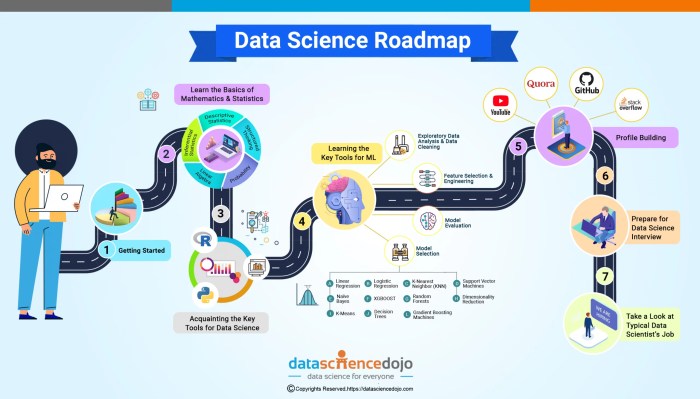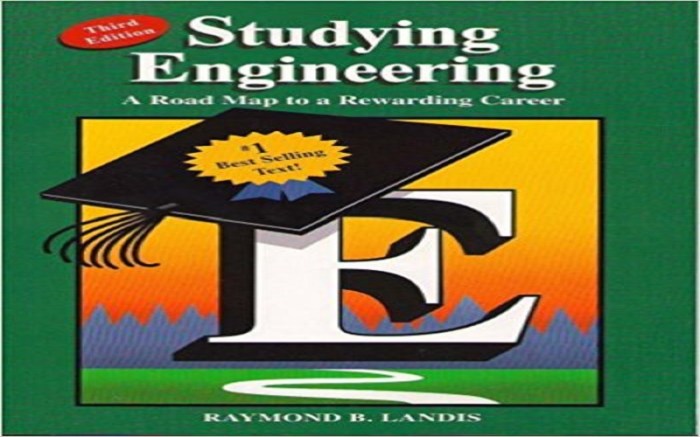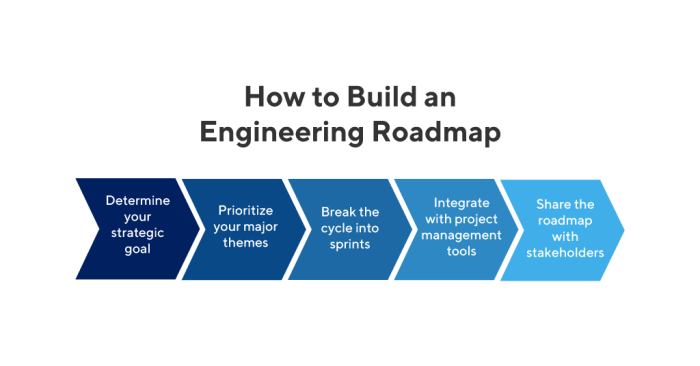Studying engineering a roadmap to a rewarding career 5th edition – Studying Engineering: A Roadmap to a Rewarding Career, 5th Edition, offers a comprehensive guide to the world of engineering, empowering readers with the knowledge and skills necessary to navigate this dynamic and fulfilling field. This definitive resource provides a clear and engaging overview of the engineering profession, from its diverse disciplines and societal impact to the essential qualities and skills required for success.
Delving into the educational journey, the book provides a comprehensive overview of the academic pathway to becoming an engineer. It highlights the importance of foundational courses, specialized coursework, and hands-on experiences, while offering strategies for effective studying and time management in engineering programs.
Introduction to Engineering

Engineering is a diverse and challenging field that offers a wide range of opportunities to make a positive impact on society. From designing innovative technologies to building sustainable infrastructure, engineers play a vital role in shaping our world.
The field of engineering encompasses a wide range of disciplines, including mechanical, electrical, civil, and chemical engineering. Each discipline has its own unique focus and set of challenges, but all engineers share a common goal of applying scientific principles to solve real-world problems.
Essential Qualities and Skills for Engineers
- Analytical and problem-solving skills
- Creativity and innovation
- Strong communication and teamwork skills
- Attention to detail
- Ability to work independently and as part of a team
The Educational Journey
Becoming an engineer requires a strong foundation in mathematics, science, and engineering principles. Most engineering programs require students to complete a four-year bachelor’s degree, followed by a period of professional experience and training.
Foundational Courses
The first two years of an engineering program typically focus on foundational courses in mathematics, physics, chemistry, and computer science. These courses provide students with the essential knowledge and skills they need to succeed in more advanced engineering coursework.
Specialized Coursework
In the third and fourth years of an engineering program, students begin to take specialized coursework in their chosen discipline. This coursework provides students with the in-depth knowledge and skills they need to practice engineering in a specific field.
Hands-on Experiences
In addition to classroom learning, engineering programs also include a significant amount of hands-on experience. This experience allows students to apply the knowledge and skills they learn in the classroom to real-world engineering projects.
Career Exploration and Specialization

Once you have completed your engineering education, you will have a wide range of career opportunities to choose from. You can work in a variety of industries, including manufacturing, construction, healthcare, and energy.
Industry Sectors
- Aerospace
- Automotive
- Biomedical
- Chemical
- Civil
- Computer
- Electrical
- Environmental
- Industrial
- Mechanical
- Nuclear
- Petroleum
Job Roles
- Design engineer
- Project engineer
- Manufacturing engineer
- Sales engineer
- Technical writer
- Quality control engineer
- Research engineer
Benefits of Internships and Co-ops
Internships and co-ops are a great way to gain real-world experience and explore different career paths. They can also help you build your network and make valuable connections.
Professional Development and Growth
Continuing education is essential for engineers who want to stay up-to-date on the latest technologies and trends. There are a variety of ways to continue your education, including taking courses, attending conferences, and reading technical journals.
Continuing Education
- Master’s degree
- Doctorate
- Professional development courses
- Conferences
- Technical journals
Certifications
Certifications are a great way to demonstrate your expertise in a particular area of engineering. There are a variety of certifications available, including the Professional Engineer (PE) license and the Certified Manufacturing Engineer (CMfgE) certification.
Mentorship and Collaboration
Mentorship and collaboration are essential for career advancement. Mentors can provide guidance and support, while collaboration can help you learn from others and develop new ideas.
Ethical and Societal Responsibilities
Engineers have a responsibility to use their knowledge and skills to benefit society. This includes designing products and systems that are safe, efficient, and environmentally friendly.
Ethical Principles
- Honesty and integrity
- Objectivity and impartiality
- Professional competence and due care
- Confidentiality
Impact on Society
Engineering has a profound impact on society. Engineers design and build the infrastructure that we rely on every day, from our homes to our transportation systems. They also develop new technologies that improve our lives, such as medical devices and renewable energy sources.
Sustainable Development
Engineers have a responsibility to promote sustainable development. This means designing products and systems that minimize environmental impact and maximize social and economic benefits.
Future Trends and Emerging Technologies

The future of engineering is bright. There are a number of emerging technologies that are poised to revolutionize the way we live and work.
Artificial Intelligence
Artificial intelligence (AI) is a rapidly growing field that has the potential to transform many industries. AI-powered systems can automate tasks, make decisions, and learn from data.
Automation, Studying engineering a roadmap to a rewarding career 5th edition
Automation is another major trend that is shaping the future of engineering. Automated systems can perform tasks that are repetitive, dangerous, or difficult for humans to do.
Renewable Energy
Renewable energy is becoming increasingly important as we move towards a more sustainable future. Engineers are developing new technologies to harness renewable energy sources, such as solar and wind power.
Quick FAQs: Studying Engineering A Roadmap To A Rewarding Career 5th Edition
What are the essential qualities of a successful engineer?
Successful engineers possess a strong analytical mindset, problem-solving abilities, creativity, communication skills, and a commitment to ethical principles.
How can I choose the right engineering specialization?
Consider your interests, career goals, and the industry sectors you find most compelling. Research different specializations, consult with academic advisors, and explore internship opportunities to gain hands-on experience.
What are the benefits of networking in the engineering field?
Networking allows engineers to connect with professionals in their field, learn about job opportunities, gain insights into industry trends, and build valuable relationships that can support their career growth.